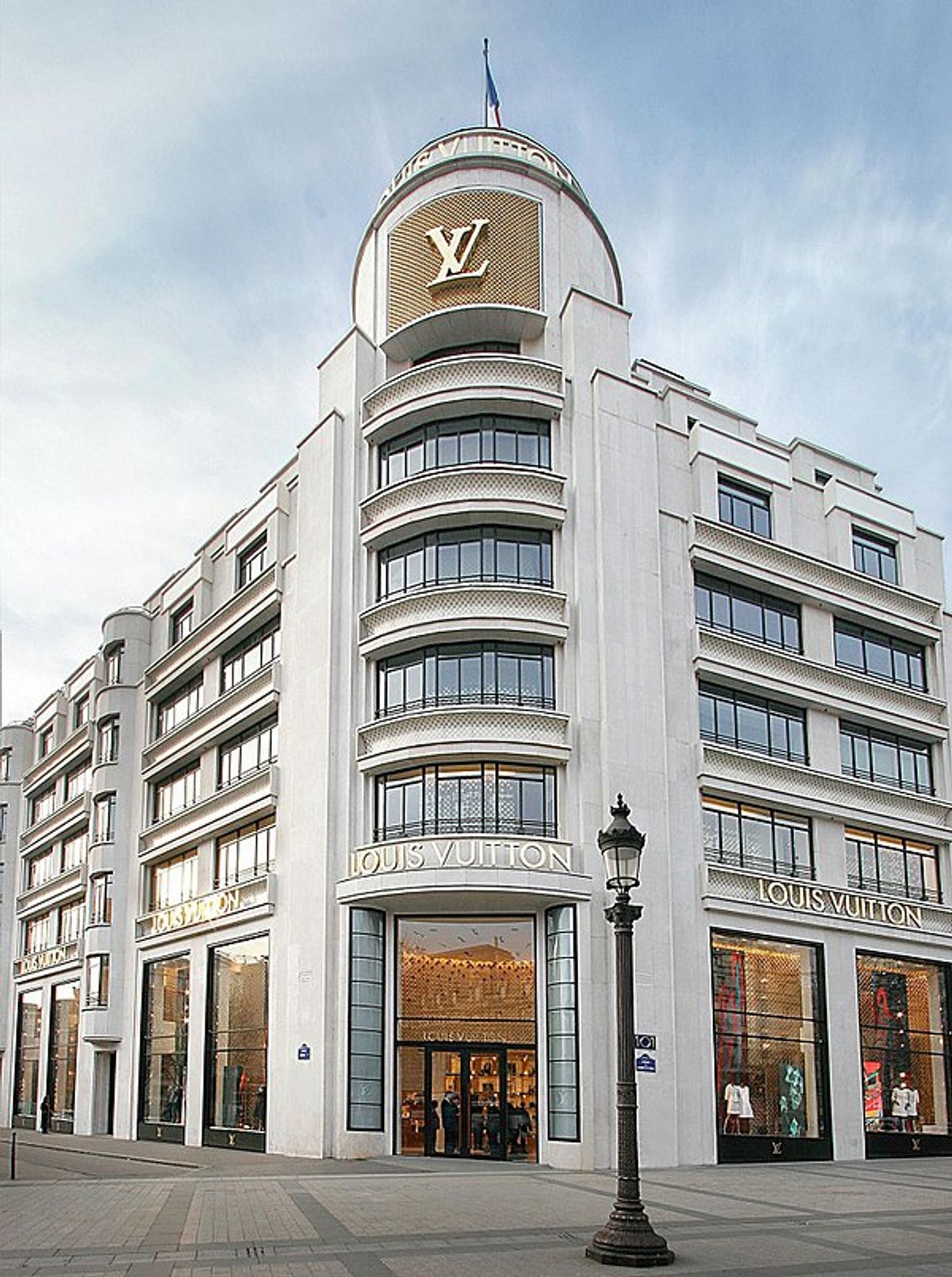
Louis Vuitton
What do people say about Louis Vuitton?
In the United States, Louis Vuitton is often viewed as a symbol of excessive wealth and materialism, leading to a perception of elitism that alienates some consumers. Critics argue that the brand has strayed from its roots, emphasizing luxury to the point of absurdity, which raises questions about authenticity and value. The brand's heavy reliance on its iconic monogram can come off as superficial to those who value originality in fashion. Furthermore, there is a growing backlash against conspicuous consumption, which may impact Louis Vuitton's desirability among younger, more socially conscious consumers.
Where are the conversations happening?
The perception of Louis Vuitton varies significantly across different media channels. Fashion critics and luxury lifestyle publications often admire the craftsmanship and heritage of the brand, but they also voice concerns about its over-commercialization. Social media platforms, on the other hand, amplify negative sentiments, particularly among younger audiences who criticize the brand for its elitist image and lack of innovation. Discussions on forums like Reddit and Twitter frequently highlight a disconnect between luxury prices and the actual value offered, reflecting a more critical public sentiment.
What are the topics trending around Louis Vuitton?
Emerging discussions around luxury brands focusing on sustainability and ethical production practices are gaining traction, with consumers increasingly demanding transparency and responsibility from high-end fashion houses.
Why are these topics trending?
The trend towards sustainability and ethical fashion is affecting all luxury brands, including Louis Vuitton, as consumers become more aware of their purchasing choices. This shift could pose challenges for the brand if it does not adapt to these growing consumer expectations.
How is Louis Vuitton being talked about?
Detailed breakdown of public sentiment and conversations about this entity.
Impact vs Sentiment
See how each entity's high impact percentage relates to their positive sentiment percentage from actual mentions.





